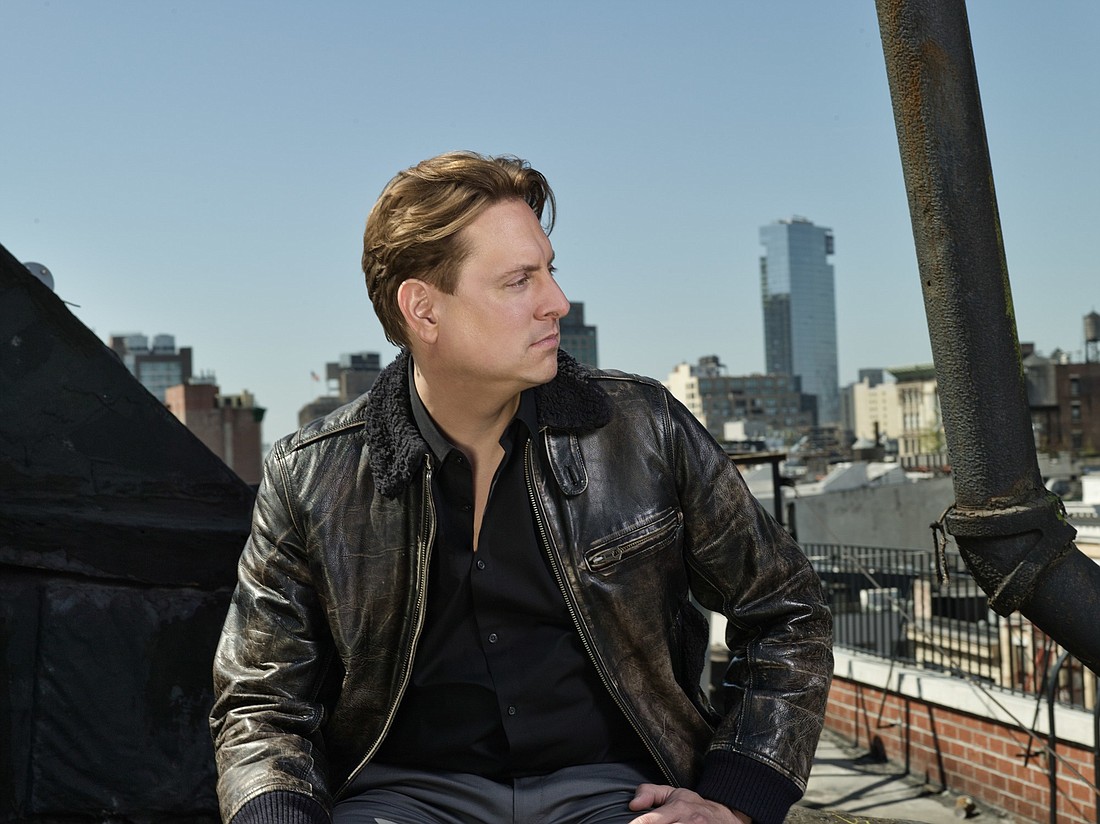- November 22, 2024
-
-
Loading

Loading

The La Musica international Chamber Music Festival returned to the Sarasota Opera House for its 32nd season last week with four programs themed “Sources of Inspiration.”
Throughout the years, the repertoire of La Musica has been pretty much centered on middle-of-the-road classical and romantic period pieces of the late 18th, 19th and early 20th centuries, with occasional forays into new works, but these have been few and far between.
The current season was similar, with only a few 20th century works, and those chosen were more reflective than forward looking in style. Perhaps a wider vision in repertoire could prove more interesting and inspiring for current and new audiences.
For me, the highlight of the two concerts I attended was the return of guitarist Jason Vieaux on Sunday afternoon. Vieaux is certainly one of the best classical guitarists before the public today. He is indeed a great artist on his instrument, playing with nuance, great confidence and musicality.
For both the Paganini “Terzetto Concertante” and the Castelnuovo-Tedesco Quintet for Guitar and String Quartet in F Major Opus 143, his guitar was discretely amplified to assist in the balance with the other players. The Paganini is delightful diversion, very straightforward in its style, and it’s actually more interesting in the way the instruments are voiced with each other than in the actual musical content of the piece.
Not so for the quintet of Castelnuovo-Tedesco, for this is a much more interesting piece, both structurally and musically, with the guitar occupying a major voice in all the movements. This quintet, written in 1950, is actually the most “modern” piece in the La Musica repertoire this season, and beautiful as it is, it is still centered in 19th century romanticism.
Both the Paganini trio, performed by Vieaux, guitar, Christine J. Lee, cello, and Daniel Palmizio, viola, and the quintet, again with Vieaux, guitar, Ruth Lenz and Claudio Cruz, violins, Daniel Palmizio, viola and Erica Piccotti, cello, were well played.
Concluding Sunday’s concert was the rather somber Piano Quintet in G minor, Opus 57, by Dimitri Shostakovich. Written in 1940, not long after his Symphony No. 5, it somehow conveys the mood he must have felt with the increasing artistic interference he must have endured from the Soviet establishment.
Beautifully constructed, the work is prime Shostakovich, with angular melodies, stringent harmonies and an unrelenting pace that must have reflected the composer’s reaction to world events. It was given a prime performance by violinists Federico Agostini and Ruth Lenz, violist Bruno Giuranna, cellist Antonio Meneses, and pianist Derek Han.
Earlier in the week, La Musica’s second concert opened with the Mendelssohn Quintet No. 2 in B flat, which was dutifully performed by Agostini and Lenz, violins, Giuranna and Palmizio, violas, and Lee, cello. Although a bit rough at the beginning, the performance smoothed out and gave full measure to the wonderful melody and exuberance of Mendelssohn.
For me the most interesting work on Thursday’s concert was the “Requiem in F# minor for Three Cellos and Piano” of David Popper. Popper was an outstanding cellist himself and certainly knew how to write for the strengths of the instrument. This short piece, written in memory of his friend Daniel Rahter — and also performed at his own funeral — has each of the three voices in a lovely blend, and within a simple song form, expressing both melody and harmony in a lush, but reverent mood. The three cellists were Lee, Piccotti and Antonio Meneses, with Derek Han as pianist.
This concert ended with the Rachmaninoff “Trio Elegiaque No. 2 in D Minor,” performed by violinst Cruz, cellis, Meneses, and pianist, Han. Written after the death of Tchaikovsky and one of the few chamber works of Rachmaninoff, it is certainly reflective of his “dark Russian temperament,” while once again filling us with those wonderful flowing melodies we hear in all his compositions.
The La Musica International Chamber Music Festival has long provided us with a retrospective of the repertoire for the most part well curated and performed. It does seem that some updating in outlook and repertoire would work wonders for future seasons.